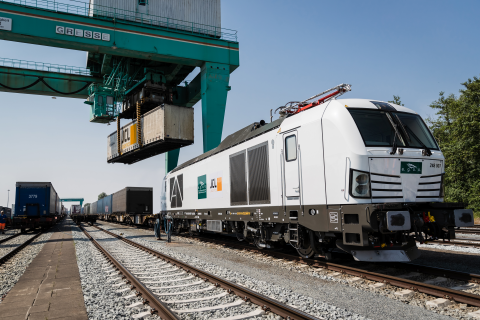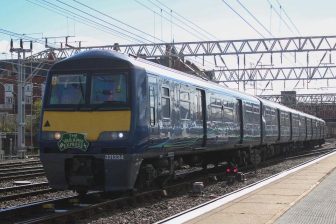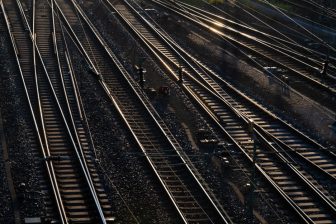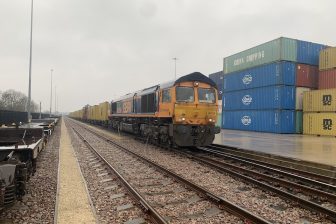
‘Decarbonising supply chains to the greatest extent is possible’
JCL Logistics, a Swiss-based company, claims that sustaining a completely decarbonised supply chain is possible. The company implements this strategy in its rail connection between Bremen and southern Germany by using Vectron dual-power locomotives. Additionally, it recently completed a test phase to use electric trucks in last-mile services in collaboration with IKEA.
Do you want to read the full article?
Thank you for visiting RailFreight.com. Become a member of RailFreight Premium and get full access to all our premium content.
Are you already a member?
Having problems logging in? Call +31(0)10 280 1000 or send an email to customerdesk@promedia.nl.




